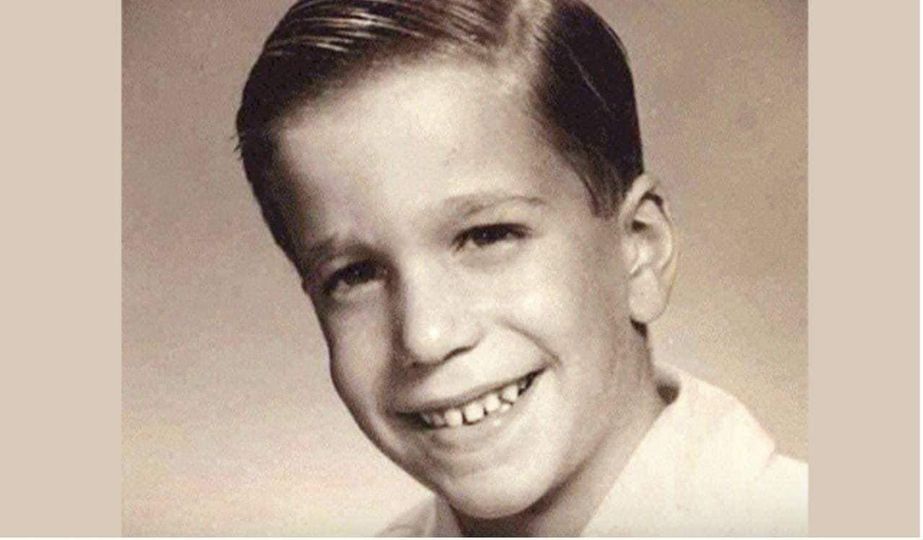Henry Winkler, best known for his iconic portrayal of “The Fonz” on Happy Days, had a childhood that was anything but glamorous. Far from the bright lights of Hollywood, his early life was marked by significant struggles that nearly derailed his future. Born to Jewish immigrant parents who fled Nazi Germany, Winkler faced more than just the challenges of being a child in a new country. He dealt with an undiagnosed learning disorder that made reading nearly impossible.

His dyslexia went unnoticed for most of his childhood, and as a result, his parents, unaware of the disorder, unfairly labeled him as “dumb.” His father even called him a “Dummo Hund,” a German insult that means “dumb dog.” This hurtful label was reinforced by both his teachers and his peers, further damaging Winkler’s self-esteem and confidence. Imagine being constantly told you weren’t smart enough, not only by strangers but by your own family.
Despite the emotional scars left by these labels, Winkler remained determined. He refused to let his struggles define him. After applying to a staggering 28 colleges, he was accepted into just two. One of those was Yale School of Drama, a prestigious institution where he truly began to thrive. During one pivotal moment, an improvised Shakespearean monologue caught the attention of those around him, showcasing his undeniable talent.
While Winkler’s on-screen charm and cool demeanor as Fonzie made him a household name, off-screen, he continued to wrestle with dyslexia. Reading scripts and coordinating movements on set posed constant challenges. Even when he was offered the lead role in Grease, he declined the opportunity, fearing he would be typecast. In spite of these ongoing struggles, he developed a technique of memorizing scripts through improvisation, relying on his quick wit and humor to fill in the gaps. In his own words, he “provided the essence of the character,” a strategy that worked brilliantly.
It wasn’t until the age of 31, during his stepson Jed’s dyslexia test, that Winkler had an epiphany: he too had been living with dyslexia all these years. That realization brought both relief and a new sense of purpose. His journey of overcoming his personal challenges wasn’t just about his success in Hollywood but also about confronting and accepting the struggles that had shaped him.
After Happy Days, Winkler’s career remained vibrant and diverse. He took on various acting roles and even contributed to the creation of the hit TV series MacGyver. Though his career had its ups and downs, his talent and determination ensured that he stayed relevant in the industry. His story serves as a testament to the power of resilience and the ability to overcome adversity, no matter the odds.
Henry Winkler’s transformation—from being unfairly called “dumb” to becoming one of the most beloved figures in television history—proves that greatness isn’t determined by others’ perceptions. It’s a result of unwavering determination and belief in oneself, even in the face of seemingly insurmountable odds. His journey is an inspiring reminder that personal challenges, no matter how daunting, can be conquered with dedication and perseverance.





